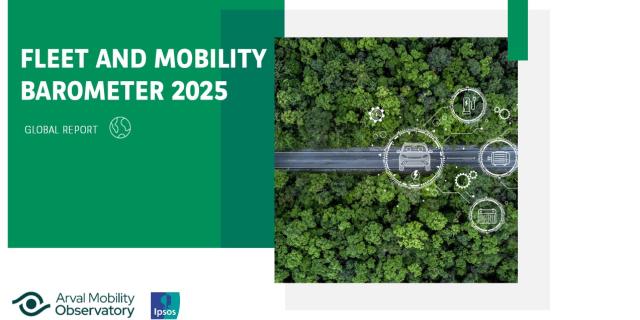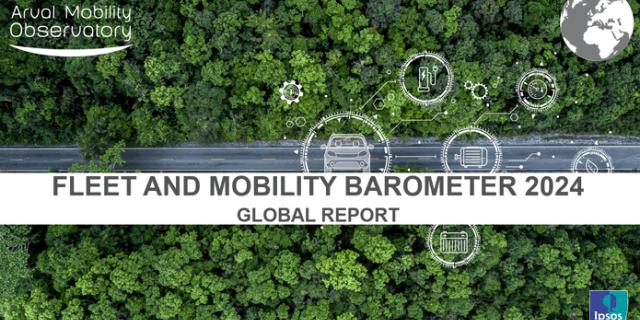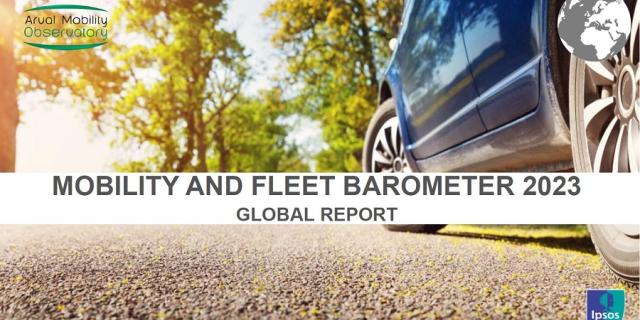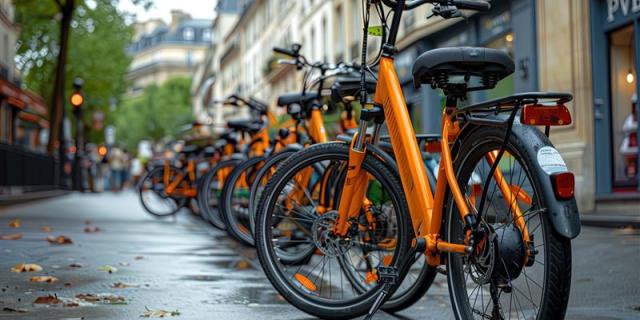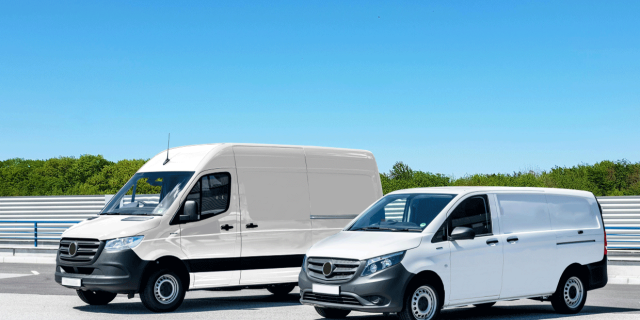Arval 26&Beyond
Arval Mobility Observatory
24 Feb 2020
Smart Cities are data powerhouses, 'crunching numbers' to manage the ever-changing digital, social and transport landscapes, endlessly adapting to support growth and improve quality of life. At times, it means making bold, unpopular moves, supporting or restricting the exciting new digital-based field of Smart Mobility.
- Barcelona's Superblocks limit local traffic, freeing up space for cycling and recreation. The scheme has helped clean up the city's air, causing a decrease in mortality rates, increase in life expectancy and multiple other benefits.
- London Datastore - the city's large open data repository - helps startups and established films build smart services, from transportation tracking to air quality maps.
- Google’s community-driven Waze has influenced the Belgian city of Ghent to restructure its streets resulting in a decrease in road accidents by 30%, increase in cycling by 27% and a 15% gain in public transport ridership.
- By passing a law, Finland's government has made sure all of the country’s mobility providers work together by letting each other build upon everyone’s services
- Singapore discourages private car-ownership, but supports multimodality, car-sharing and other Smart Mobility endeavours.
Discover more in our video:




